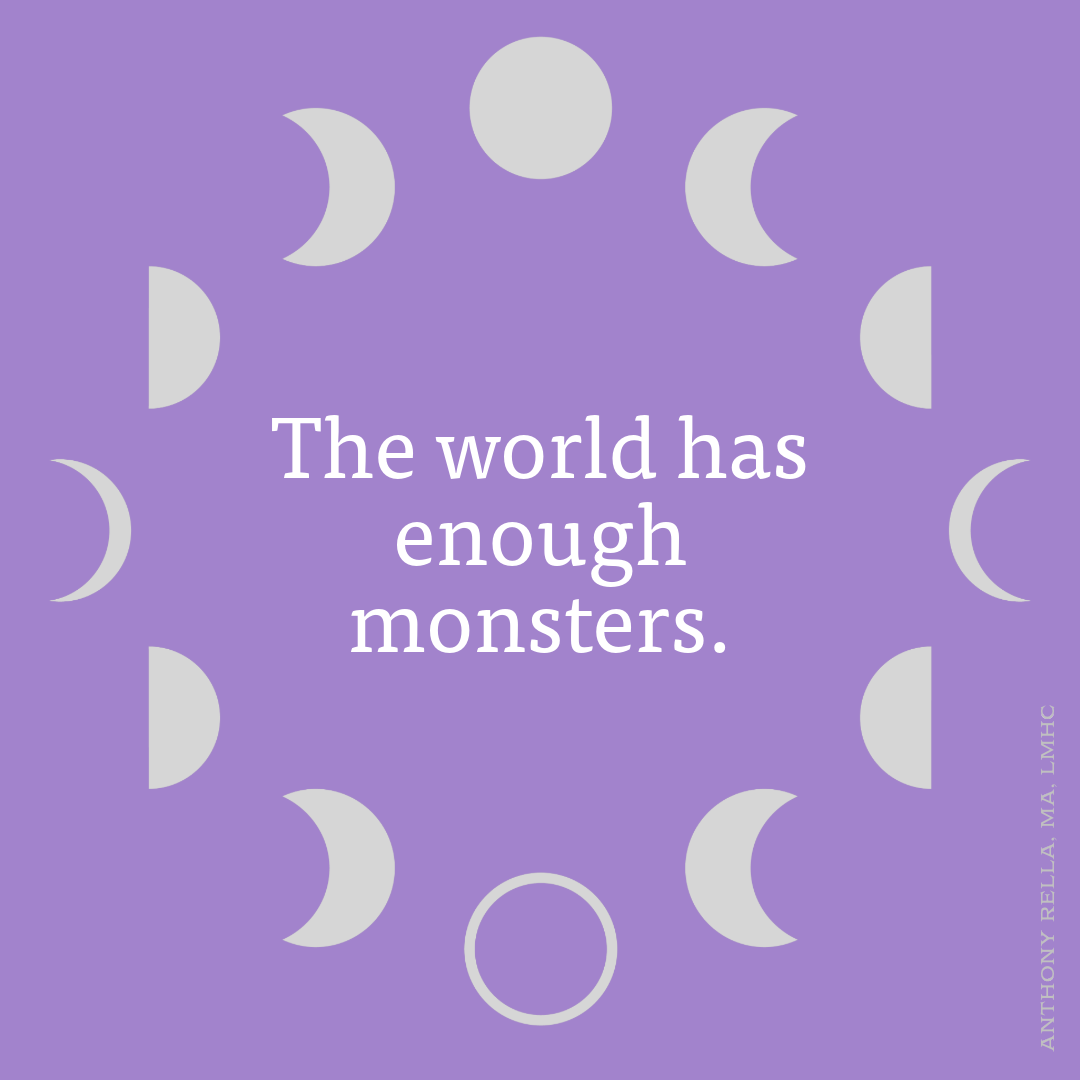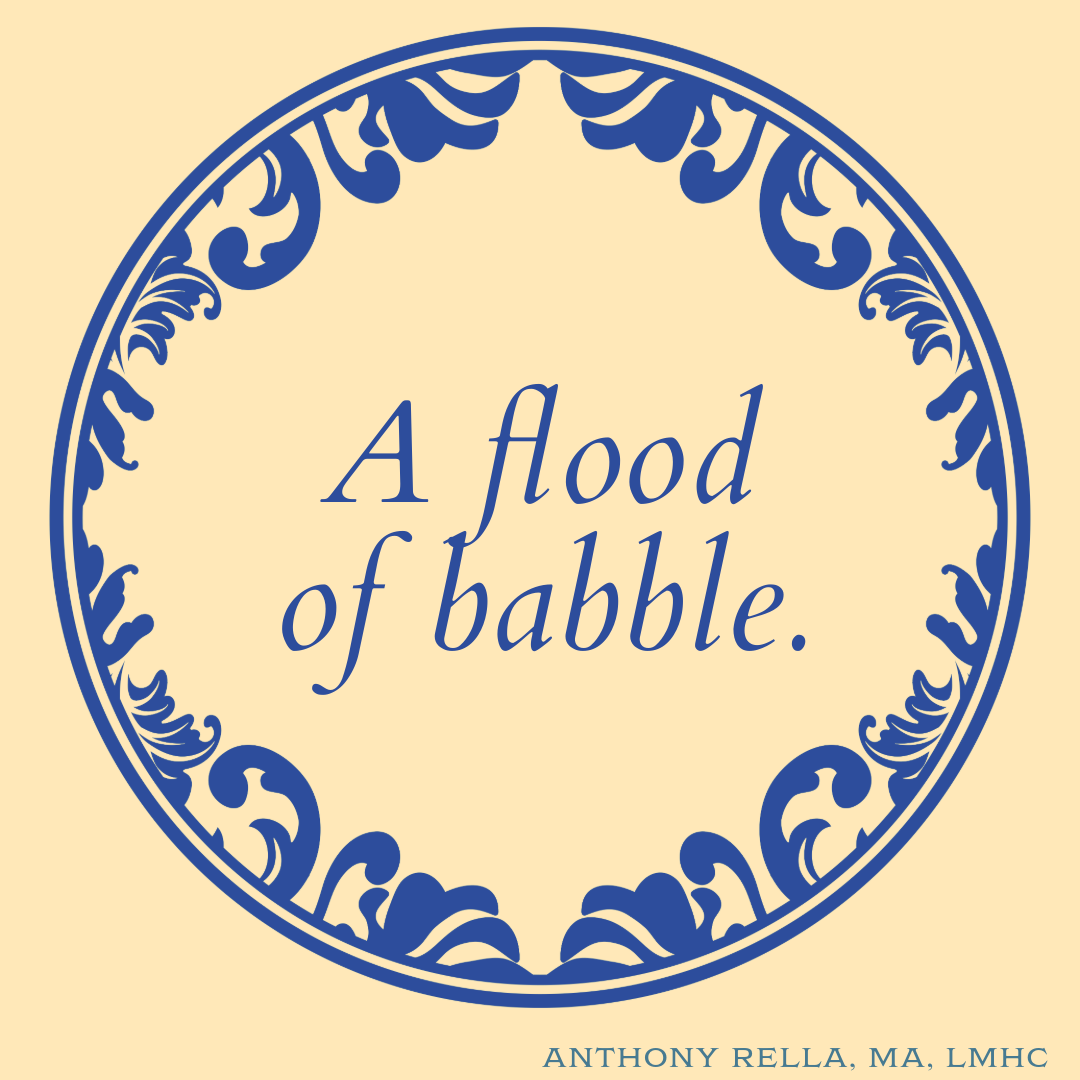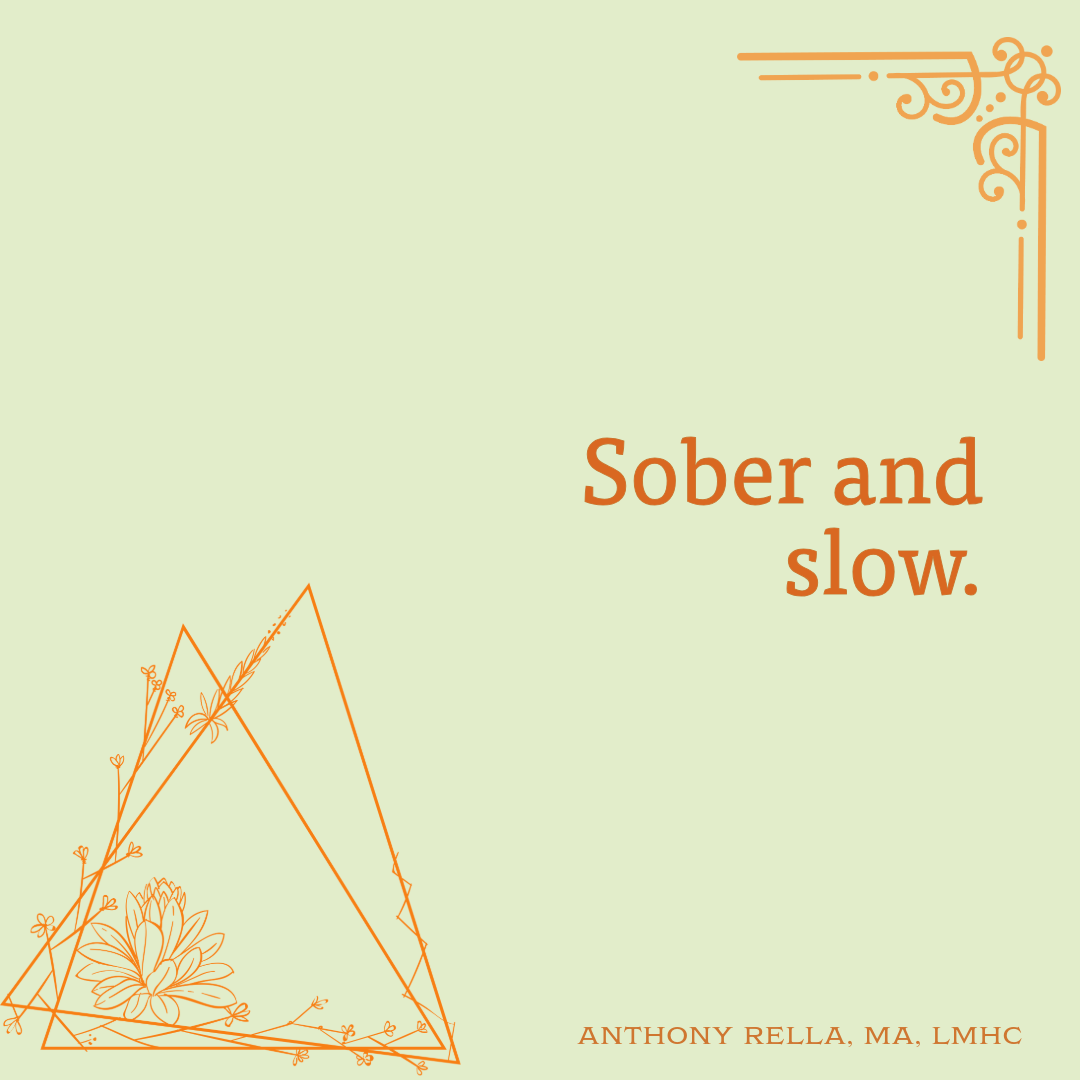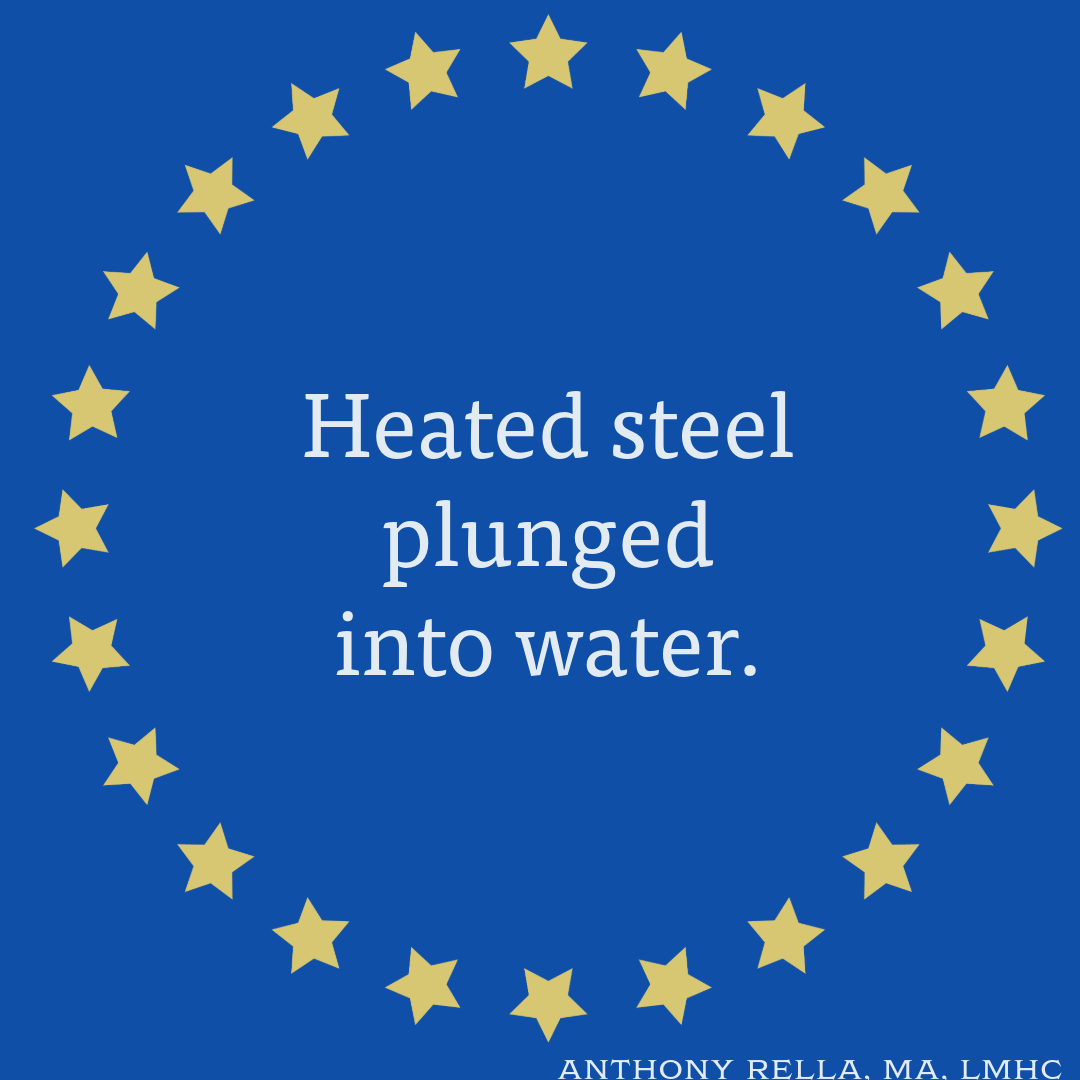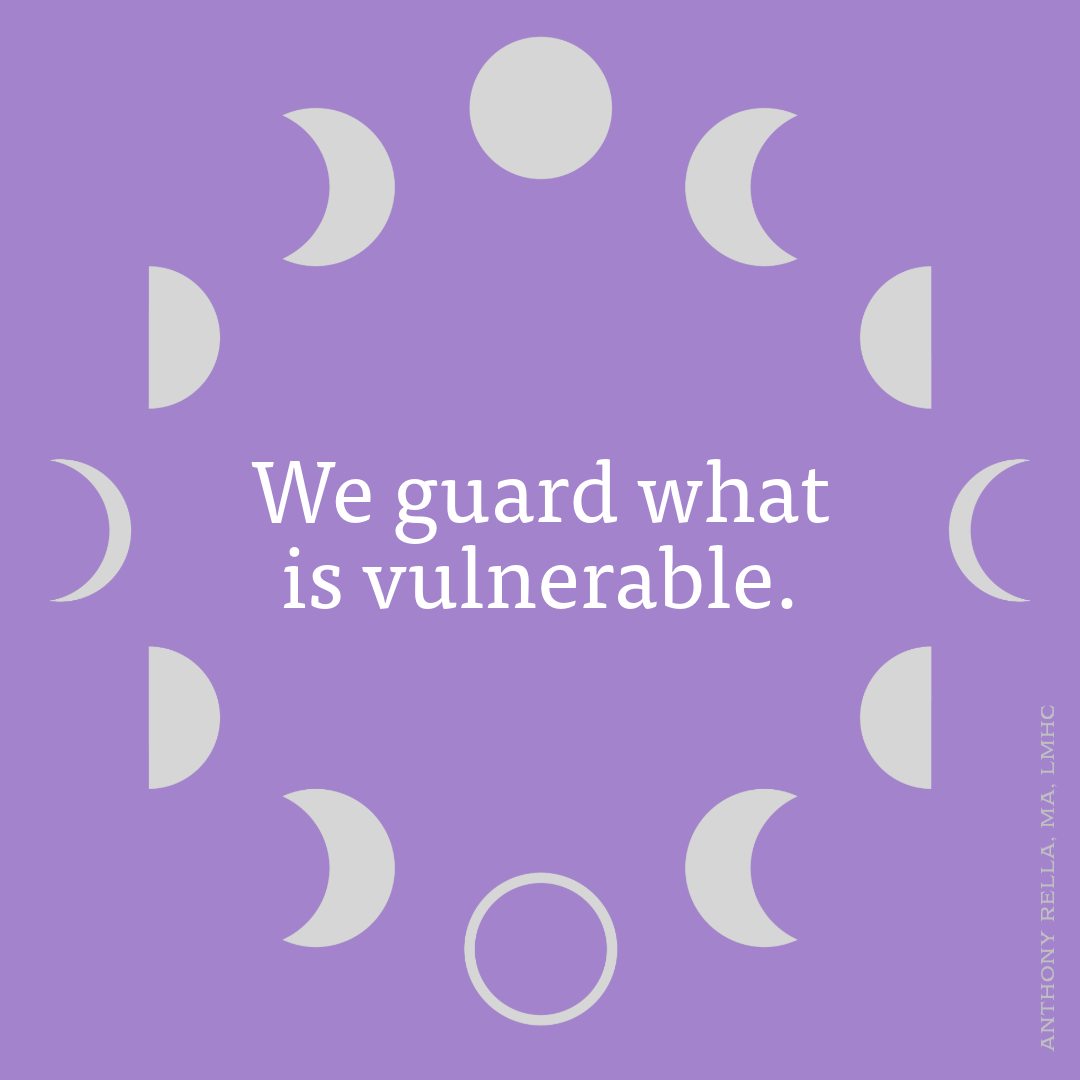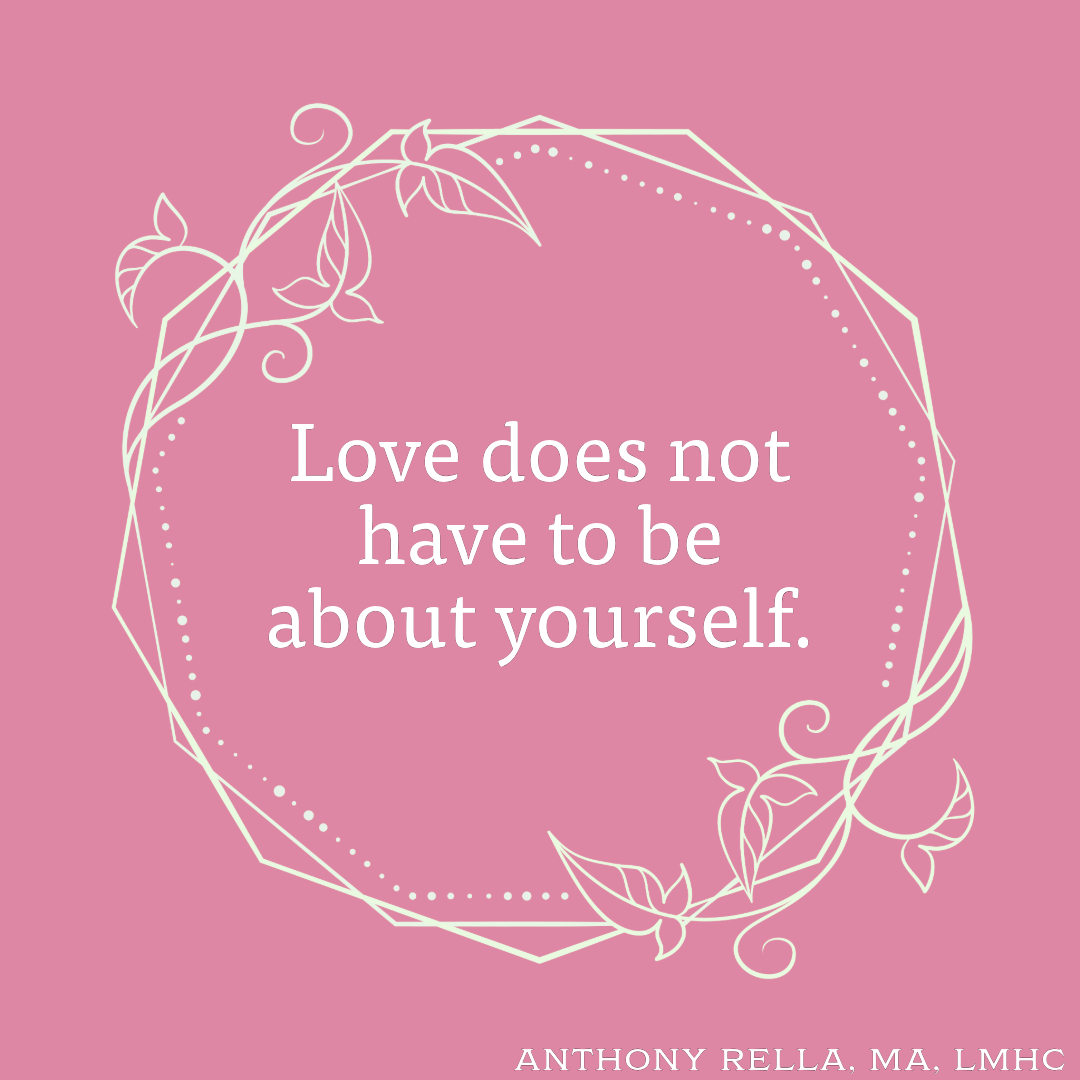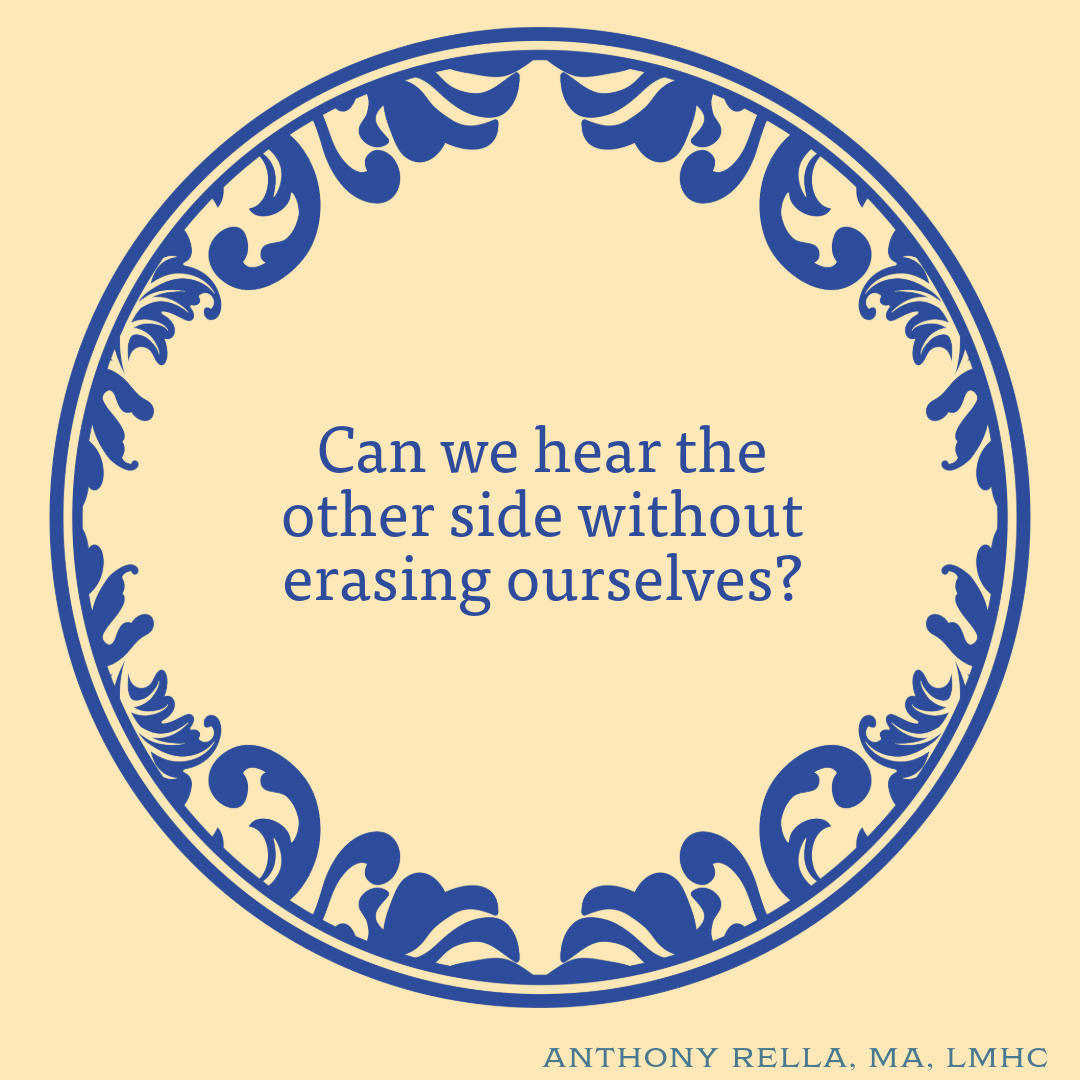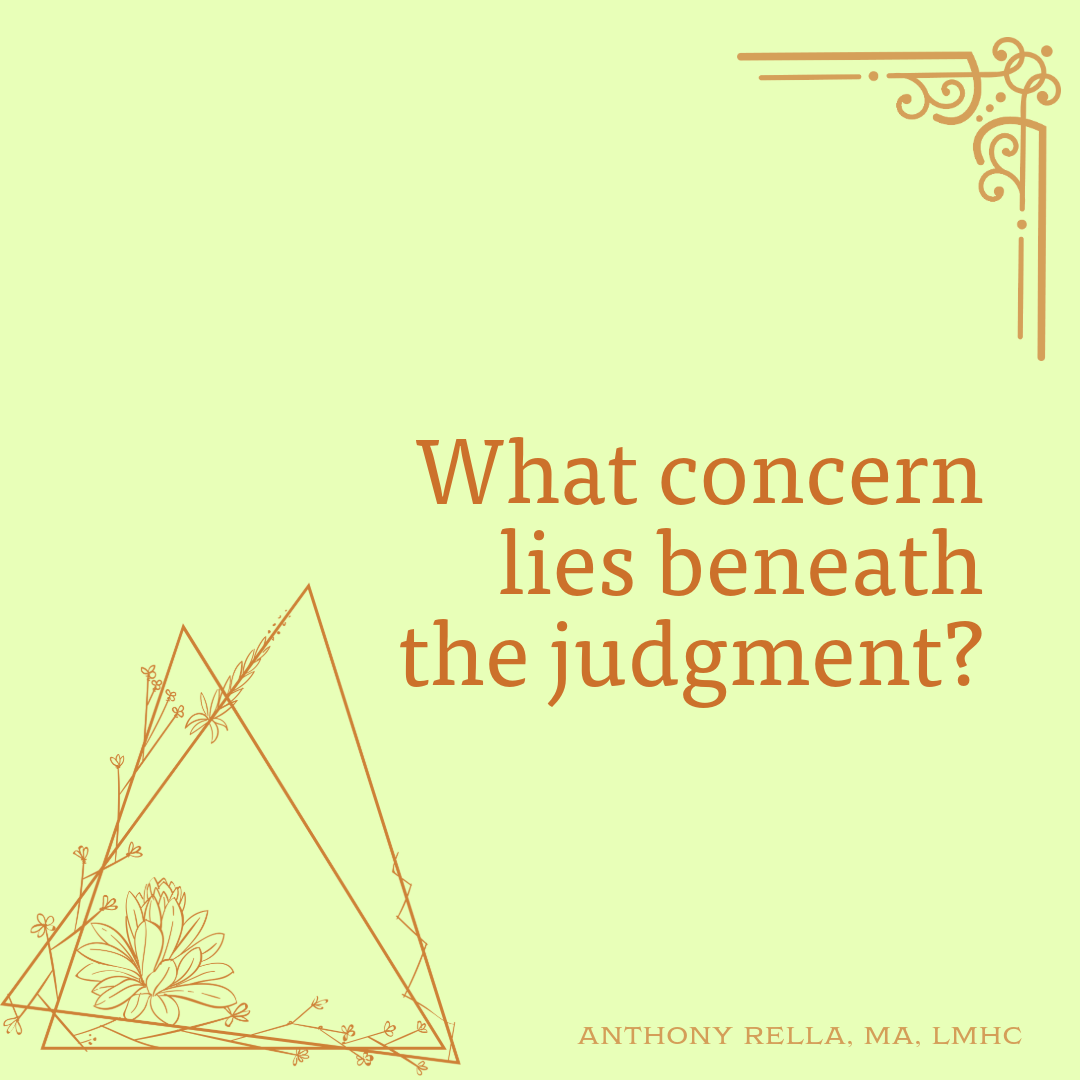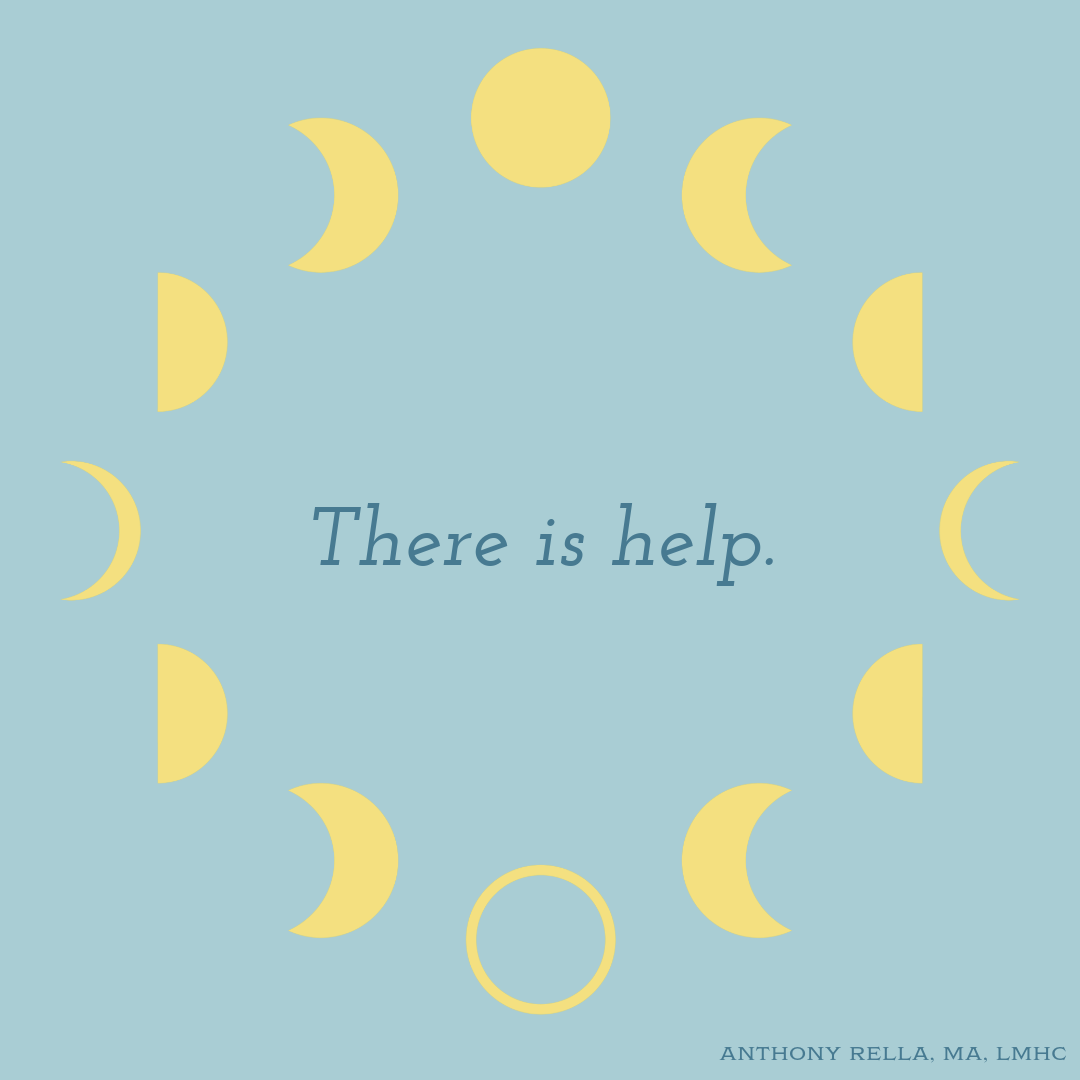I thought I wouldn’t write anything today, coming off of an illness that had me on the couch watching old scifi all weekend. But I also read a detailed discussion of the horrific allegations against an author who was once very influential to me, and all day have had these thoughts about how life finds a way to kick you in the teeth.
Today the moon and Mars join in Cancer, on a day when the moon is full. This feels like a harsh moon, in which you may indeed find the monsters hiding in the dark closet in your bedroom, where you want to feel the most safe, the most comfortable. There’s a drama here, a shock, and the urge to block it out or respond with the greatest drama.
Comfort itself might be a problem. There are so many ways to soothe and distract. So many temptations to make someone a hero and lift them out of critique. So many ways to deify people and give away our power, and then to be shocked when they don’t use their power in our interest.
Today feels like an important day to allow in grief, guilt, anguish, and anger. Not to blast them all over everyone around you, who may not deserve it, but to hold it up with care. This too is a part of our humanity, worthy of love. We may not know what to do about the outer situation, but we can acknowledge for ourselves what hurts, what disillusionments come. Try to make sure your pain is understood before it is soothed.


